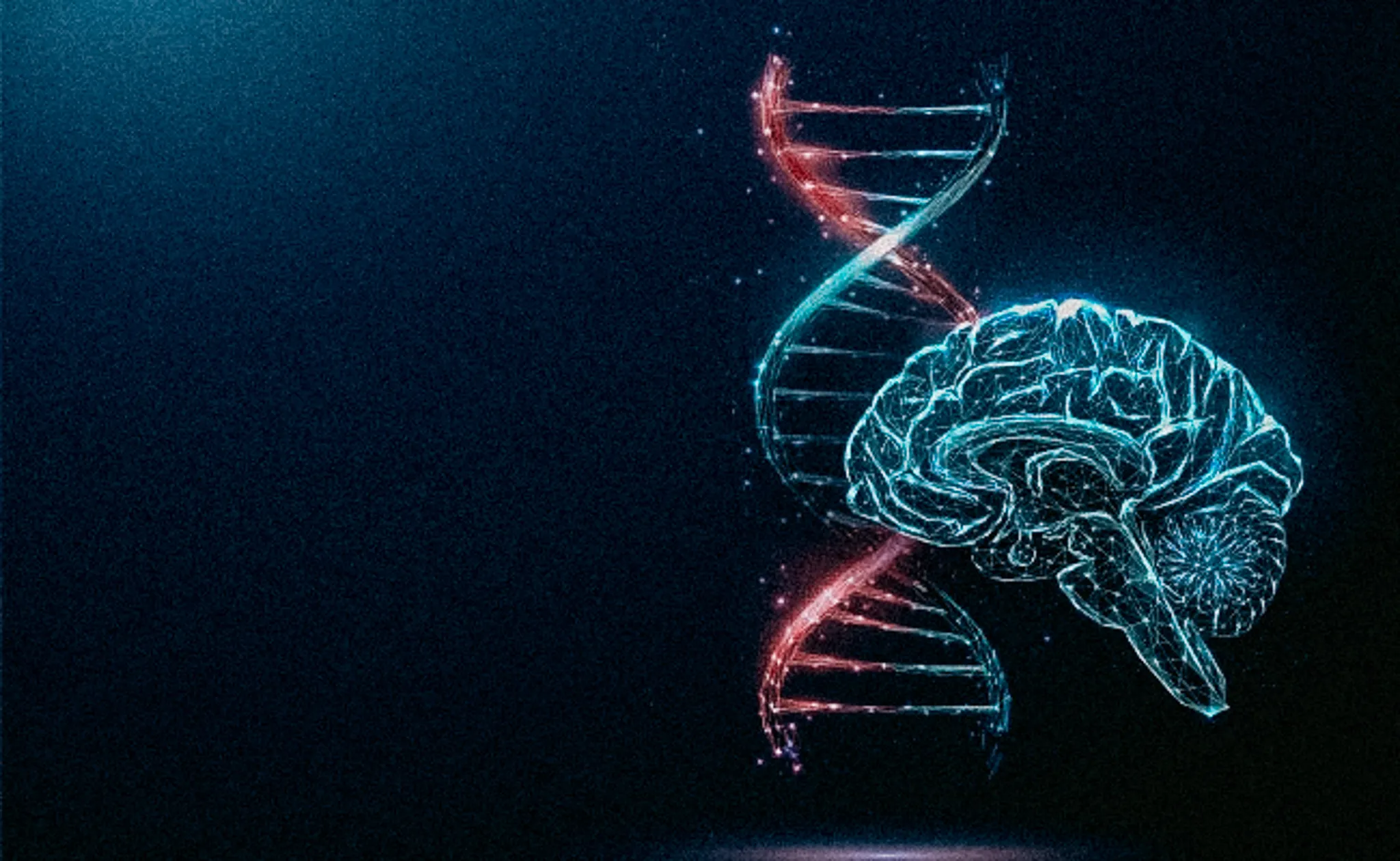
Bipolar disorder
One-on-one care, grounded in evidence and built for real change — to reduce cycles, restore stability, and lift quality of life.
Support through every high and low.
Bipolar I or II can derail your energy, mood, relationships - even your sense of self and control. Our residential programs help stabilise the extremes, identify triggers, and build a steadier, steady rhythm for life.
Start personalised support today.
Struggling with mood swings that feel out of your control?
Bipolar disorder is a complex condition marked by extreme highs and lows, from manic energy and impulsivity to deep lows, apathy, and exhaustion. These shifts aren’t just mood swings. They can significantly disrupt relationships, work, and derail your life.
Symptoms vary from person to person, but may include changes in sleep, irritability, restlessness, reckless behaviour, or persistent sadness and low motivation. For many, the experience is confusing and overwhelming, especially when the patterns don’t fit a clear diagnosis.
Recovery from bipolar takes more than symptom control. Our one-on-one programs explore the real drivers — from genetics and trauma to sleep, gut health, and hormones. With full diagnostic support, medication management, and therapies that build resilience and self-awareness, we help reduce the cycles and their impact - restoring a sense of agency and control to your life.


Steps that make the difference
Your Plan, Your Way
No guesswork, no one-size-fits-all. We start by hearing your story and digging deeper - reviewing past test results, running targeted assessments, and uncovering what’s really going on beneath the surface. Then we build a program tailored to you — including duration, therapies, medical interventions, and support structures that actually make sense for you.
The Foundation Phase: calm, regulate, rebuild
Bipolar management starts with stability; in mood, biology, and routine.
We support your system with tailored functional medicine, nutrition, and sleep optimisation, alongside nervous system regulation through somatic therapies and movement. Sessions like nature therapy and equine support help re-establish rhythm, connection, and calm - creating the foundation needed to move forward safely and effectively.
Mood mapping & pattern support
We help you identify the early signs, patterns, and triggers that influence your mood cycles. From there, we use evidence-based therapies (including ACT, CBT, and IFS) to help you interrupt those patterns and respond differently.
The focus is on building emotional stability, psychological flexibility, and practical tools to navigate both highs and lows with greater clarity and control.
Aftercare
Recovery continues after you leave. Every client receives 12 months of structured aftercare, including a dedicated mentor for ongoing support, accountability, and real-world guidance - wherever life takes you.
What your program includes
Explore the evidence

Ketamine assisted psychotherapy in mental health

Is addiction genetic?
Testimonials
FAQs
FAQ's about bipolar disorder
Bipolar disorder (type I and II) is a complex mental health condition marked by significant shifts in mood, energy, and behaviour – from depressive lows to manic highs. It can impact daily functioning, relationships, and overall wellbeing, but with the right support, stability is possible. Here are some common questions about recognising and managing bipolar disorder.
What is the difference between the Bipolar types I and II
The main difference between Bipolar I and Bipolar II comes down to the severity of the “high” phases.
Bipolar I includes at least one full manic episode — intense mood swings that can seriously disrupt your life and often require hospital care. It can be followed by depressive or hypomanic episodes.
Bipolar II involves hypomanic episodes, which are less extreme highs that don’t cause major impairment, plus at least one major depressive episode. Though the “highs” are milder, the depressive phases can be just as severe and debilitating.
What is Cyclothymic Disorder
Cyclothymic Disorder is a long-term mood condition with ongoing shifts between mild highs (hypomania) and lows that don’t quite reach full mania or major depression.
These ups and downs don’t meet the full criteria for bipolar episodes but stick around long enough to cause real distress and disrupt daily life.
While less intense than Bipolar I or II, cyclothymic disorder still needs consistent support to learn to regulate and build emotional stability.
What is Mania / Hypomania
Periods when your mood spikes way above normal; with a rush of energy, racing thoughts, and sometimes irritability.
You might feel unstoppable, with inflated self-confidence, little need for sleep, and impulsive choices that can cause big problems.
The difference? Mania is more intense and can seriously disrupt your life, while hypomania is a milder, but still noticeable, version that affects your behaviour and judgement.
Can I continue working while in treatment?
Our outpatient programs are designed to accommodate work and daily responsibilities.
Do you treat co-occurring disorders?
Yes, our integrated approach addresses both mental health and substance use issues simultaneously.
Is Bipolar something I will have for the rest of my life?
Bipolar is a long-term condition, but with the right treatment, you can reduce how often mood cycles hit and how severe they get. That means living a life that’s less controlled by the disorder and more under your command.
Is Bipolar something I will have for the rest of my life?
Bipolar is a long-term condition, but with the right treatment, you can reduce how often mood cycles hit and how severe they get. That means living a life that’s less controlled by the disorder and more under your command.
Is Bipolar something I will have for the rest of my life?
Bipolar is a long-term condition, but with the right treatment, you can reduce how often mood cycles hit and how severe they get. That means living a life that’s less controlled by the disorder and more under your command.
Is Bipolar something I will have for the rest of my life?
Bipolar is a long-term condition, but with the right treatment, you can reduce how often mood cycles hit and how severe they get. That means living a life that’s less controlled by the disorder and more under your command.
Is Bipolar something I will have for the rest of my life?
Bipolar is a long-term condition, but with the right treatment, you can reduce how often mood cycles hit and how severe they get. That means living a life that’s less controlled by the disorder and more under your command.
Is Bipolar something I will have for the rest of my life?
Bipolar is a long-term condition, but with the right treatment, you can reduce how often mood cycles hit and how severe they get. That means living a life that’s less controlled by the disorder and more under your command.
We’re here to help.
Let’s talk about how we can support you.





